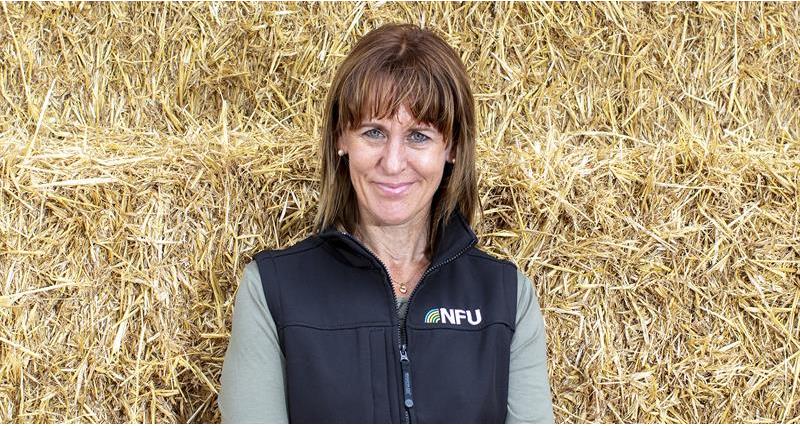As the UK’s trade negotiators sat around the virtual table last week for talks with the US on a future trade deal, a key question remains.
Does the government value the high standards of food safety, quality, animal welfare and environmental protection that UK consumers expect and its farmers provide? Do they want to use those standards to set a global benchmark?
Or does it want to sacrifice these standards in favour of a trade deal with the US that could see imports of food produced using antibiotic growth promoters, hormones and chlorine washes.
As the UK moves forward with its trade negotiations, which will hugely shape what ‘Global Britain’ means. It is vital that we have a coherent domestic and trade policy that sets out clearly our offer to the people of the UK as well as to the world.
But where the UK’s red lines are has unfortunately become increasingly unclear. What compromises and trade-offs are we willing to accept?
The Agriculture Bill this week was worrying. Worrying to farmers, worrying to environmentalists and worrying to British people who care about the food on our shelves. Despite assurances to the contrary, that chlorinated chicken will never be imported to Britain, that our high farming standards would not be undercut by sub-standard imported food, the government this week prevented those warm and welcome words being turned into law.
It opposed an amendment that would enshrine in law that as a nation we could not agree to trade deals that would allow the imports of food produced to standards illegal here.
This was despite manifesto commitments and two amendments laid down by Conservative MPs. The government had every opportunity to stick to its promises that it would not undermine Britain’s food standards and environmental protection in future trade deals, but it chose not to. The big question is, why?
The public want it in legislation, farmers want it in legislation, environmentalists want it in legislation. But the government hasn’t acted on this overwhelming public support for safeguarding our food system against imports of food that would be illegal to produce here.
That support is huge. Which? research found that 93% of people expect food standards to be maintained after leaving the EU, and that 72% of people think that food imports from countries with lower standards shouldn’t be allowed.
The government has a second chance this week. The second reading of the Trade Bill will be heard in the Commons, and many MPs were told during the Agriculture Bill that the Trade Bill is the best place to make these commitments.
So we need the government to set out on Wednesday during the debate on the Bill how they will deal with import standards, as well as provide scrutiny of trade deals by Parliament. And both consumers and farmers will want to hear more than just verbal commitments to uphold our own standards.
The vast majority of people, around 8 in 10, would feel uncomfortable eating beef produced using growth hormones or if antibiotic growth promoters were used. These are practices banned in the UK but are permitted in the US, who the UK is seeking to reach a trade deal with.
Some have argued that such an approach is protectionist, that it harms consumers through higher prices and that they should be free to choose how the food they buy has been produced.
But this fails to take into account the consumer trust in the food British farmers deliver, and the reassurance that these standards also apply to their food when eating out. Why put that at risk?
Others have argued that this is an opportunity for UK farmers to lower their standards so they can compete with overseas producers. Neither the public nor farmers want to see such a race to the bottom.
All of this could have been avoided if the government took the opportunity, with the Agriculture Bill, to legislate to maintain our high standards in our approach to the import of food.
If government and MPs decided that these amendments weren’t up to that job, then they should clearly set out what else they will do to ensure our standards will be safeguarded – the Trade Bill presents this opportunity.
Our politicians have a clear choice. Stand up for farming and for the kind of food system British consumers want, sending a clear signal about the UK’s ambition for the future, or see this important issue sacrificed at home before trade negotiations even get into full swing. We hope that MPs will make the right call.
Minette Batters, NFU President
Sue Davies, Head of Consumer Protection and Food Policy, Which?
Read more on NFUonline:
